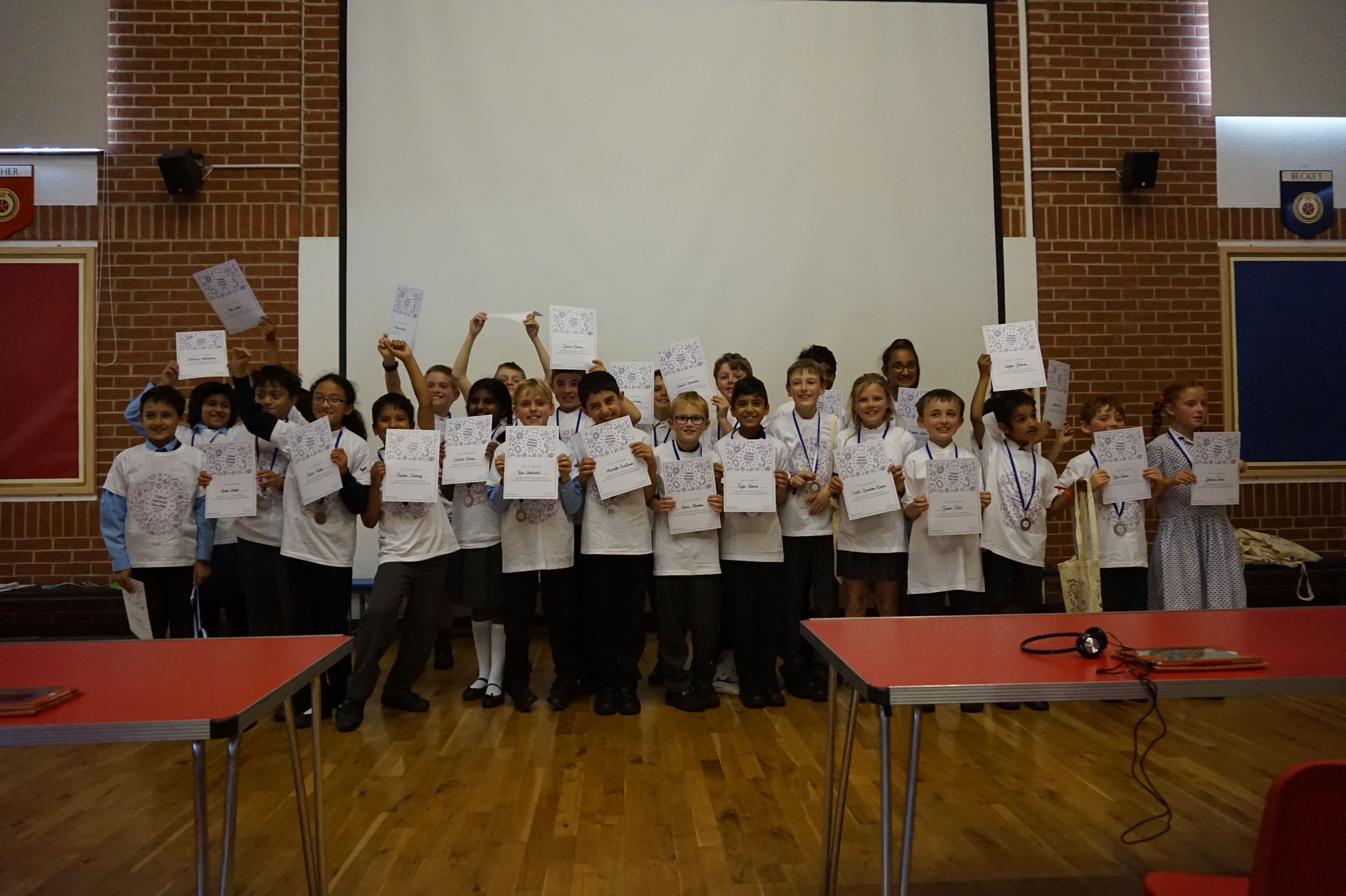After seeing how amazing our Junior Language Challenge semi-finalists were at learning Mandarin, we’ve set our 33 finalists the new challenge of learning… Arabic.
Over 250 million people speak Arabic, across 22 countries. There are a number of different dialects within Arabic, including Moroccan, Classical, Lebanese, Gulf and Egyptian. Modern Standard Arabic is understood across the Arab world, and is used widely across different publications.
Is Arabic as different to English as it looks?
There are several similarities between Arabic and English:
- The punctuation marks are used in the same way – however, in Arabic these can look very different; the question mark in Arabic is reversed, compared to the English way of writing a question mark.
- There are some Arabic words that have contributed to the English language, such as succar, which is ‘sugar’ in English.
The differences between English and Arabic make the language rather difficult to learn.
- Arabic letters look completely different to the English alphabet.
- These letters are also written right to left, instead of left to right. This means that the front of the book in Arabic would be considered the back in English.
- Sentence structures also differ to English, with the adjectives coming after the noun. For example, we would say the ‘blue car’, whereas in Arabic it would be ‘car blue’.
- Unlike English, Arabic only has 3 vowels and these have differentiations. Many words in Arabic start with a consonant followed by another consonant, and again like vowels, these have differentiations too. Another difference is that Arabic doesn’t have any capital letters; instead they use quotation marks to emphasise letters instead.
Although Arabic may seem like a difficult language to learn, it is one of the eight most spoken languages in the world. Hopefully with enough practice before the Junior Language Challenge, our finalists won’t be thinking ‘Ana La Afham’ (I don’t understand) or ‘Annajdah’ (help)! I am sure our finalists will be just as fabulous at Arabic, as they were with Portuguese and Mandarin. If you’re going to the Language Show on Friday 16th October, and you’d like to see how great our finalists are at learning Arabic, come and find us in room 3 (level 3).
And if you’d like to learn Arabic yourself, you can download our uTalk app to get started for free!
Alex

